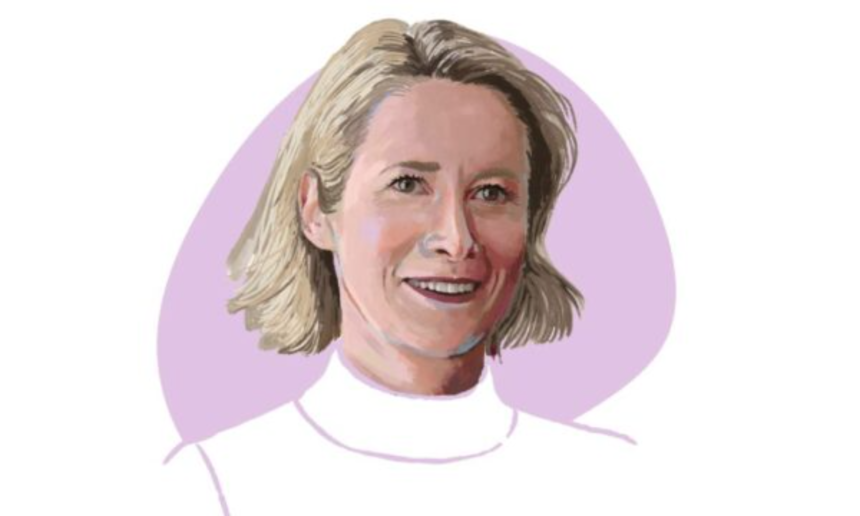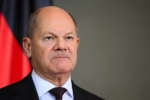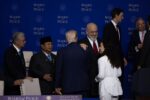Foreign policy remains primarily the domain of national governments, not Brussels, which has led to the relative insignificance of the first three High Representatives of the European Union for Foreign Affairs and Security Policy. Can Kaja Kallas, the former Prime Minister of Estonia and the latest person to hold this post, succeed as the EU’s first true foreign policy representative?
As the leader of a small country bordering Russia, the liberal politician often found herself in the role of Cassandra; her Western EU counterparts frequently rolled their eyes when she raised alarms about the threat posed by Moscow. Then, Russia invaded Ukraine. Since then, Kallas has emerged as one of the EU’s fiercest critics of the Kremlin, pushing for positions that often exceeded the bloc’s ability to implement, including a clear goal to provide EU-supplied ammunition to Ukraine’s military — an objective that took months to achieve, underscoring Europe’s defense shortcomings.
The key question for Kallas in her new role is whether she will be able to be effective, or if she will be ultimately hindered by the limitations of the position. Even in the best of times, the 27 national governments of the EU are rarely in agreement on foreign policy, and with pro-Russian forces gaining ground across the bloc, the Estonian may once again face calls for actions that may go unheard.
At 47, Kallas is acutely aware of the challenges that lie ahead. A veteran of both the European Parliament and the European Council, she understands the EU political landscape and is fully aware of how Brussels operates. Unlike her predecessors, she is neither content to let others take the lead in discussions — as was the case with the lackluster and powerless Baroness Catherine Ashton — nor so reckless as to clash with her boss, European Commission President Ursula von der Leyen, a tendency her predecessor Josep Borrell was known for.
When Kallas was first suggested as the EU’s High Representative, many national representatives groaned, complaining that she was too focused on Russia and that her worldview seemed to stop at the Ural Mountains. However, her focus has its advantages. Her obsession with Moscow could push the EU to become a more active player in regions like Africa and the Arctic, where Russia is rapidly expanding its influence. Together with Andrius Kubilius, another staunch Baltic politician, as the EU’s first-ever Commissioner for Defense, Kallas could play a key role in transforming the EU from a peace project into a military actor.
— Politico







